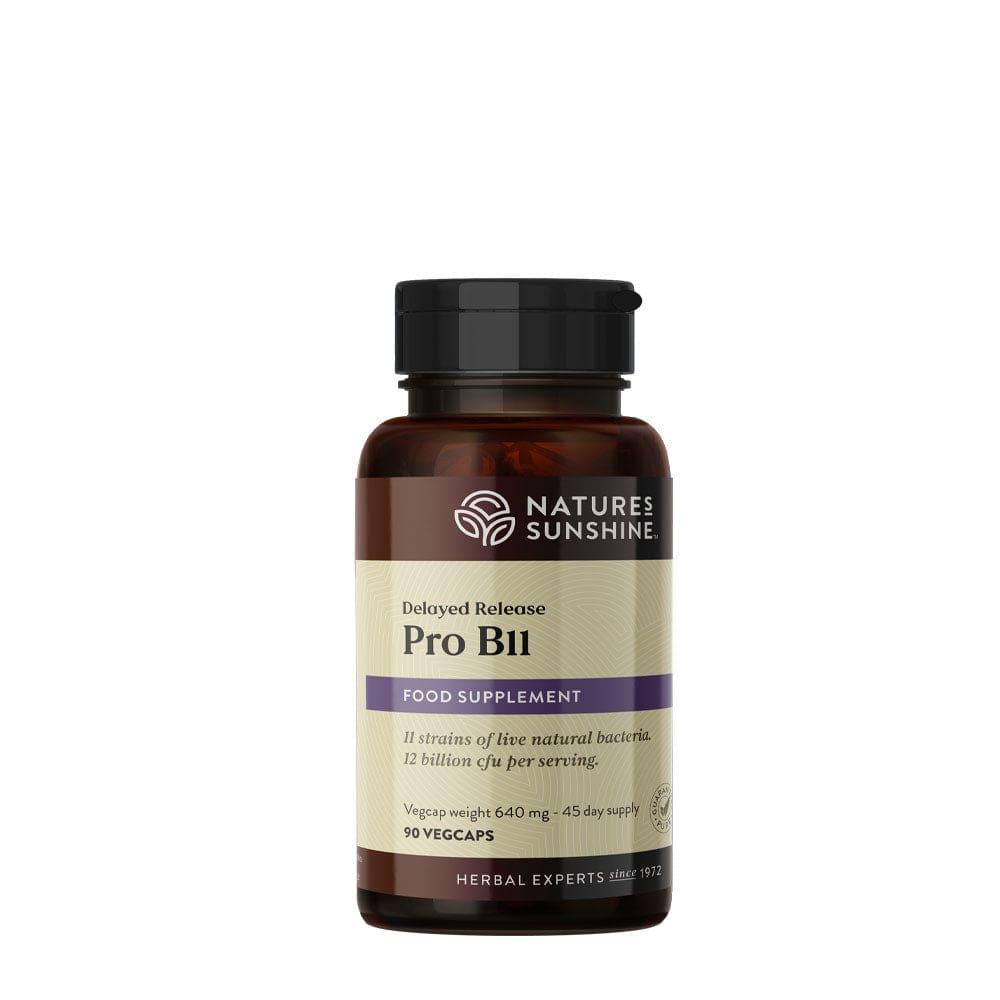
Keeping food cravings at bay can be a challenge, especially when you’re trying to maintain a healthy weight. But with a few simple tips, you can keep your cravings for that delicious chocolate bar or sugary snack in check.
Food cravings are a common part of weight management, and understanding why you get them can help you make better decisions when it comes to your diet. From getting to grips with how your blood sugar levels can affect your cravings, to learning which healthy fats and high-protein foods can help you feel full and satisfied, we’ve got some top tips on how to keep your cravings at bay.
WHAT ARE CRAVINGS?
Before we dive into tips for managing cravings, it’s important to understand what cravings are and why they happen. A craving is a strong desire for a particular food, often one that’s high in sugar, fat or salt. Cravings can be triggered by a variety of factors, including hunger, stress, boredom and emotional state.
While occasional cravings are a normal part of life, frequent or intense cravings can be a sign that something is out of balance in your body or mind. For example, frequent sugar cravings may indicate blood sugar imbalances or a diet that’s too high in processed carbohydrates.
Emotional cravings, such as a desire for comfort foods or alcohol when you’re feeling down, may be a sign that you’re using food or drink to cope with stress or difficult emotions.
By understanding the causes of your cravings, you can begin to take steps to manage them in a healthy way. The tips we’ll discuss in this post can help you reduce the frequency and intensity of cravings, while also improving your overall health and well-being.
FIVE WAYS TO REDUCE FOOD CRAVINGS
Have you ever found yourself craving a particular food, even when you’re not hungry? It’s a common experience and one that can be frustrating when you’re trying to eat healthily. While occasional indulgences are okay, giving in to cravings regularly can lead to weight gain, poor nutrition and a host of negative health effects.
So, how can you keep cravings at bay and stick to your healthy eating goals? Here are a few top tips…
Plan your meals
By planning your meals a week in advance, you leave less room for uncertainty and spontaneity, which can often lead you to reach for sugary snacks. Meal prepping and planning will also allow you to follow any diet plan more easily too, ensuring you get the right nutrients and vitamins.
Drink lots of water
Hydration is often the answer when it comes to improving your diet, as the majority of us simply don’t drink enough throughout the day. More often than not, a food craving is actually just your body telling you it’s thirsty. Drinking a glass of water when you feel a craving coming on can keep it at bay. Water can not only help with your food cravings, it can also help you manage your weight better.
Avoid stress
We know, it’s easier said than done, but avoiding or reducing stress can have a huge impact on the foods you crave. Stress can induce and influence eating behaviours, especially in women where research has shown they eat significantly more calories when under a lot of stress.
Get enough sleep
When you don’t get enough sleep, your body craves sugar and unhealthy fats to make up for the energy deficit and this leads to higher levels of hunger hormones and increased sugar cravings. Getting enough rest helps keep your blood sugar levels stable and reduces cravings for unhealthy snacks by giving you more energy throughout the day. So, if you want to maintain a healthy weight, ensure you get your beauty sleep.
Practise mindful eating
Mindful eating is a way of eating that focuses on being present in the moment and being aware of your body’s hunger and fullness cues. It can help you to make healthier food choices, reduce sugar cravings, and maintain a healthy weight. It’s also about being aware of the impact food has on your body, mind and spirit and making the right choices when it comes to what you eat.
Cravings are caused by a variety of factors, and usually, they are the result of a lack of protein intake and/or high levels of sugar in the blood. They can also be caused by stress and other emotional triggers. Giving yourself freedom and not restricting yourself too much, even when you’re on a diet, will make your weight management journey much easier and will prove that you can still live a healthy lifestyle and treat yourself every now and then.
CAN NATURAL SUPPLEMENTS HELP?
Managing cravings is an important part of maintaining a healthy diet and lifestyle. By eating protein and fibre at every meal, staying hydrated, practising mindful eating, planning ahead and having healthy snacks on hand, and getting enough sleep, you can help reduce the frequency and intensity of cravings. These tips are based on science-backed strategies for reducing hunger and increasing feelings of fullness, as well as techniques for managing the emotional and psychological triggers that lead to cravings. It’s also worth noting that food supplements can be a helpful addition to a healthy eating plan when it comes to managing cravings.
For example, supplements containing Chromium, Magnesium and Omega-3 fatty acids have been shown to help regulate blood sugar levels and reduce sugar cravings. Additionally, supplements like Probiotics and Glutamine can support healthy digestion and reduce cravings for unhealthy foods. Of course, it’s always important to talk to your healthcare provider before adding supplements to your diet.
Finally, it’s essential to remember that healthy eating should be a balance of moderation and nutrient-dense choices. Occasional indulgences are okay, and it’s vital to enjoy the foods you love in a mindful and intentional way. So, the odd treat or ‘cheat day’ can help you stay motivated and on track, provided it’s the exception and not the rule.
By using the tips we’ve discussed in this post, you can find a healthy balance that works for you and supports your overall health and well-being.












